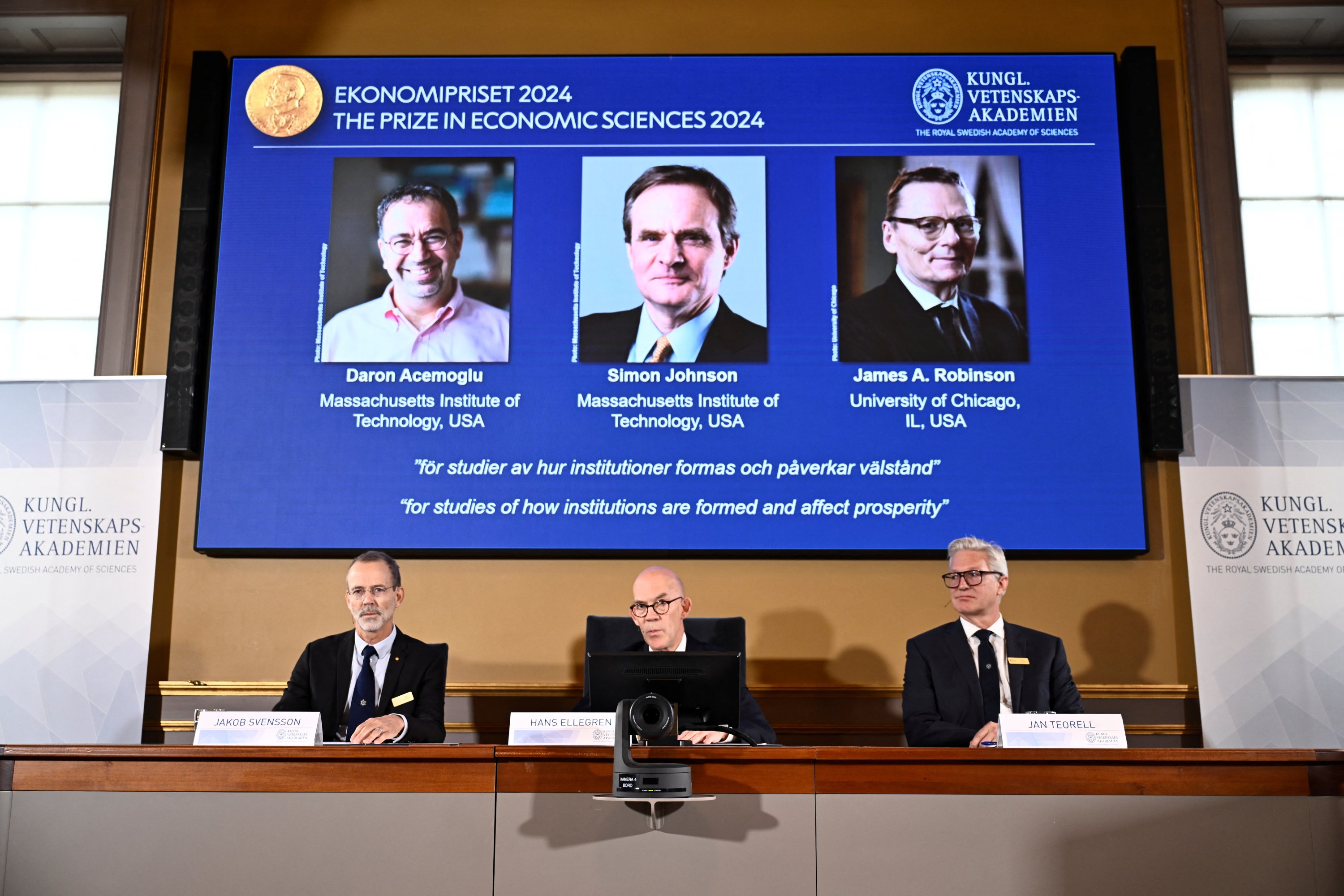
Trio of Economists Win Nobel Prize for Groundbreaking Research on Post-Colonial Wealth
This year's Nobel Prize in Economics has been awarded to three prominent economists—Turkish-American Daron Acemoglu, and British-Americans Simon Johnson and James Robinson. Their work sheds light on the long-term economic impact of colonialism, revealing how the systems established by colonizers have influenced whether nations became rich or poor in the post-colonial era. The trio’s research fundamentally explores how political and economic institutions, often set up by colonial powers, have shaped countries' prosperity, or lack thereof, today.
Also Read:- Exciting GMA Deals & Steals for Fall Fashion and Accessories
- Stock Market Holds Steady Ahead of Key Corporate Earnings Amid Economic Uncertainty
Their findings highlight a crucial distinction. Nations where European settlers established inclusive institutions, promoting the rule of law and long-term development, have fared better economically over time. In contrast, regions where colonizers focused primarily on extracting resources for their own benefit—often exploiting local populations—are now among the poorest. This "reversal of fortune" underscores the profound and lasting consequences of extractive versus inclusive institutions.
The laureates suggest that inclusive institutions promote stable, long-term growth by empowering broader segments of the population, while extractive systems tend to funnel resources toward elites, leaving societies trapped in cycles of poverty and instability. However, the researchers also emphasize that this bleak trajectory isn’t irreversible. Countries can escape this fate by fostering democracy and creating inclusive economic systems, which in the long term can reduce poverty and promote sustained development.
This work has far-reaching implications, especially as it tackles one of today’s most pressing global challenges—bridging the economic gap between rich and poor nations. By examining how colonial institutions shaped today’s economic landscape, Acemoglu, Johnson, and Robinson provide valuable insights into how societies can build a more equitable future.
Read More:

0 Comments